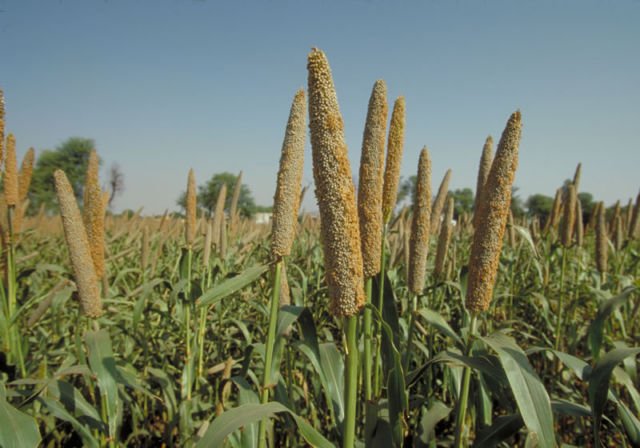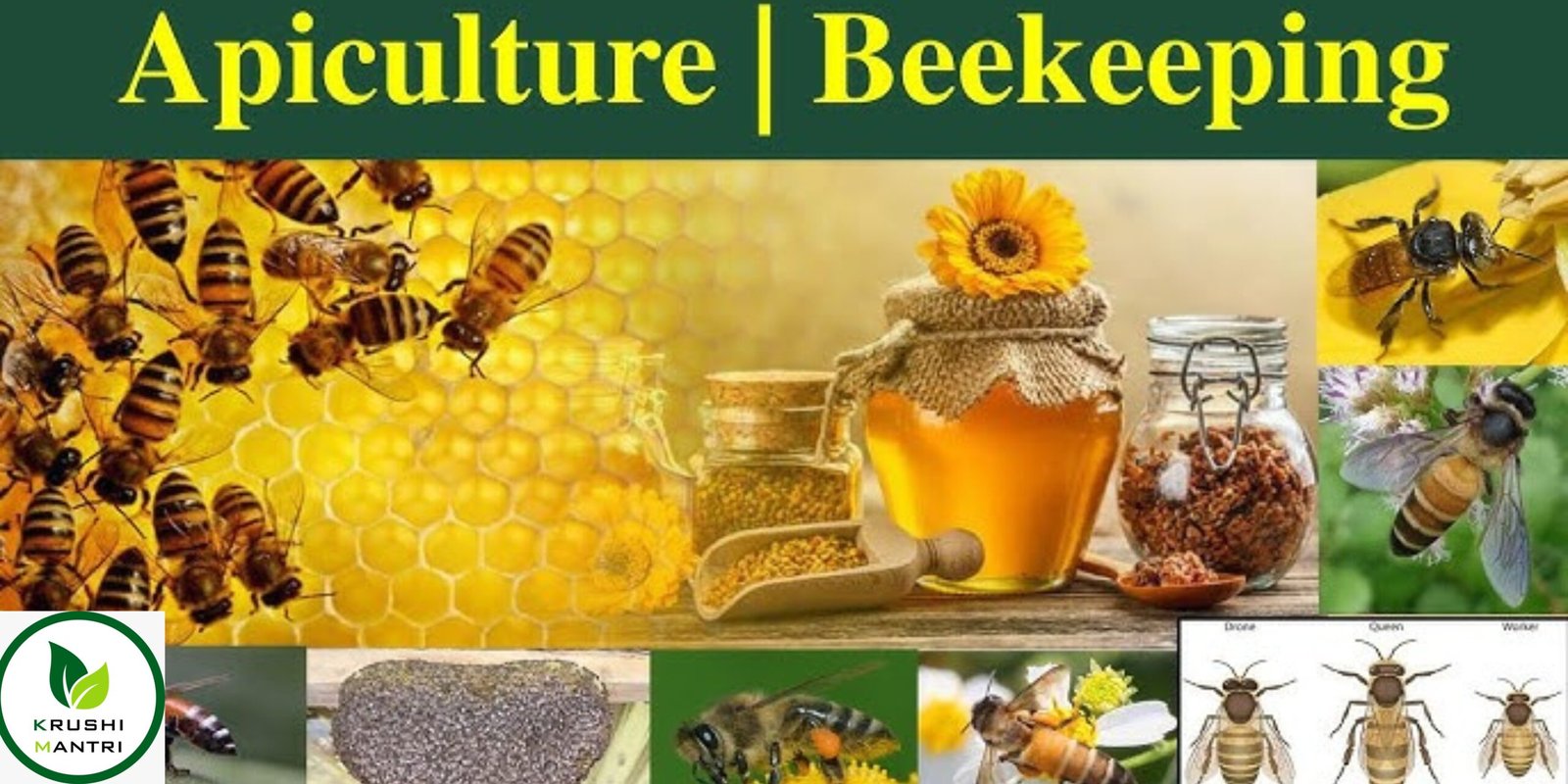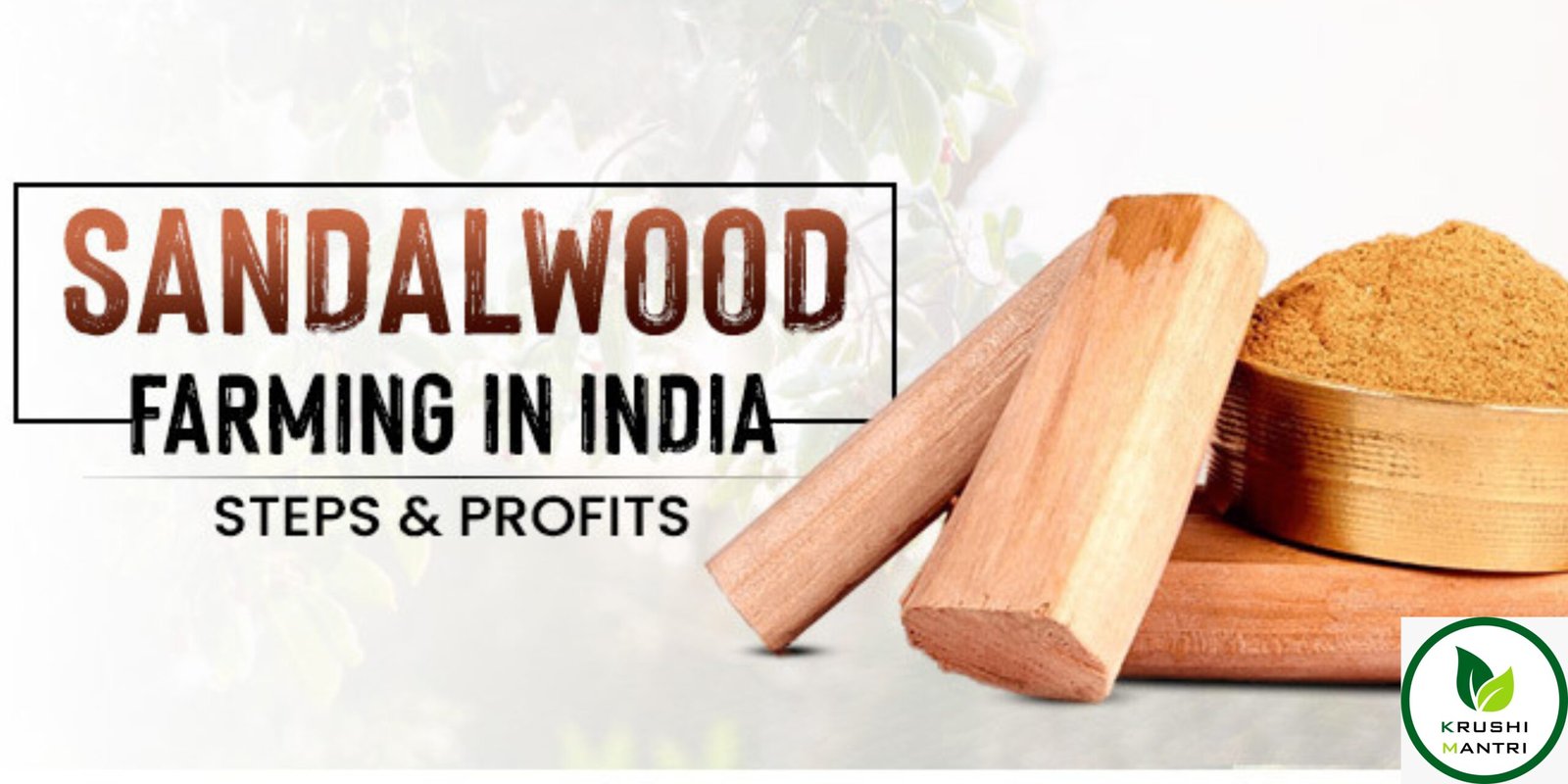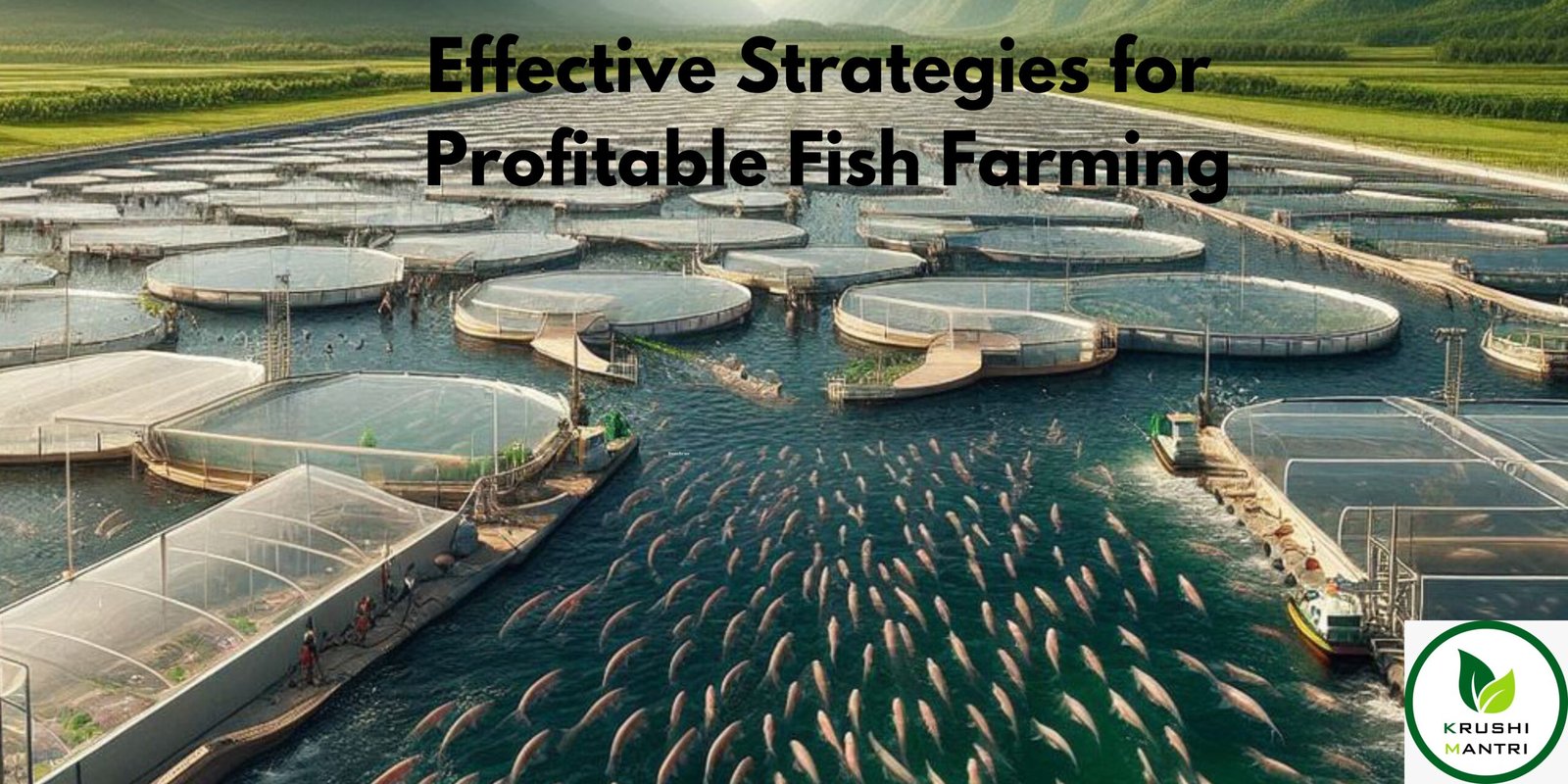Turki Pearl Millet Farming (Turki Bajari)
Welcome to our blog on Turki Pearl Millet farming in India! In this article, we will explore the identification, prevention measures, organic and chemical control methods, as well as monitoring and management techniques for cultivating this nutritious and versatile grain. Pearl millet, also known as Bajra, holds significant importance in Indian agriculture due to its resilience and adaptability to arid and semi-arid regions. Let’s delve into the world of Turki Pearl Millet and learn how to cultivate it sustainably.



- Identification of Turki Pearl Millet: Turki Pearl Millet (Pennisetum glaucum) is a warm-season grass that belongs to the Poaceae family. It is characterized by its tall stature, reaching heights of 6 to 10 feet, and its robust, cylindrical seed heads known as panicles. The grains are small, round, and often pale yellow in color. Turki Pearl Millet is widely cultivated in the states of Rajasthan, Gujarat, Uttar Pradesh, Haryana, and Madhya Pradesh due to its ability to thrive in arid and semi-arid climates.
- Prevention Measures: Preventing the occurrence and spread of diseases and pests is crucial for successful Turki Pearl Millet farming. Here are some preventive measures you can take:
- Crop rotation: Rotate pearl millet with other crops to break disease cycles and prevent the buildup of pests and pathogens.
- Field hygiene: Clear the field of crop residues and weed growth to eliminate potential sources of pests and diseases.
- Seed selection: Opt for certified disease-free seeds from reputable sources to ensure healthy and vigorous plant growth.
- Soil management: Maintain proper soil fertility and structure through organic matter incorporation, balanced nutrient management, and appropriate irrigation techniques.
- Organic Control Measures: Organic control methods provide sustainable alternatives to synthetic pesticides. Here are some effective organic measures for managing pests and diseases in Turki Pearl Millet:
- Biological control: Introduce natural predators, such as ladybugs and lacewings, to control pests like aphids and armyworms.
- Neem-based products: Use neem oil or neem-based insecticides to deter pests and disrupt their life cycles.
- Companion planting: Interplanting Turki Pearl Millet with companion plants like marigold or garlic can repel pests and attract beneficial insects.

- Chemical Control Measures: While organic methods are preferable, there are instances where chemical control measures may be necessary. When using chemical pesticides, it is crucial to follow safety guidelines and use approved products responsibly. Consult local agricultural authorities or experts for the appropriate chemical control measures for specific pests and diseases affecting Turki Pearl Millet.
- Monitoring and Management: Regular monitoring of your Turki Pearl Millet crop is vital for early detection and effective management of pests and diseases. Here are some monitoring and management practices to adopt:
- Scouting: Regularly inspect your crop for signs of pest damage, disease symptoms, or nutrient deficiencies.
- Integrated Pest Management (IPM): Implement an IPM approach by combining various pest control methods, such as cultural practices, biological control, and judicious use of pesticides when necessary.
- Timely irrigation: Provide adequate water at critical growth stages, taking into account the water requirements of Pearl Millet in different growth phases.
To conclude, as a Krushimantri, I have gained valuable experience in the field of agriculture, Turki Pearl Millet farming in India offers a promising opportunity for sustainable agriculture in arid and semi-arid regions. By employing preventive measures, organic and chemical control methods, and effective monitoring and management practices, farmers can ensure healthy and productive crops. It is important to strike a balance between sustainable practices and the need for efficient pest and disease management. With proper care and attention, Turki Pearl Millet can contribute
We hope this blog is vital for you; hence more information regarding any agriculture sector, stay tuned with Krushimantri.com
And more information regarding any travel, stay turned with urbanchats.com









